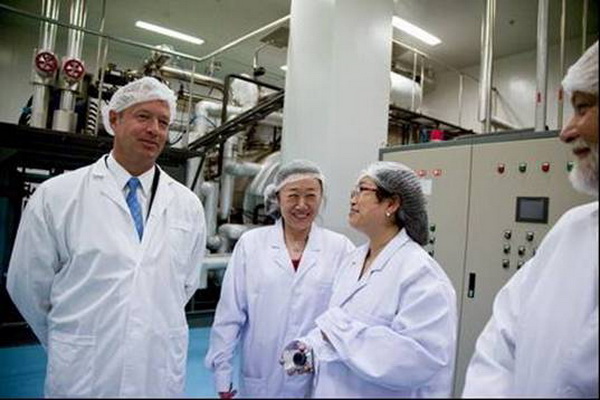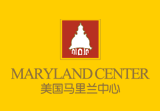Summary: One of China's leading biopharmaceutical companies, Tasly Group announced on Thursday June 2 a $40 million investment plan in TCM product research at a new operation in the US state of Maryland. This is the latest plan by a Chinese medicine manufacturer to gain a stronger international presence, after a European Union regulation in effect removed TCMs from the European market.

SHANGHAI - The traditional Chinese medicine (TCM) industry looks likely to gain an overseas presence by tapping into the US market.
Tasly Group Co Ltd, one of China's leading biopharmaceutical companies, announced on Thursday a $40 million investment plan in TCM product research at a new operation in the US state of Maryland.
This is the latest plan by a Chinese medicine manufacturer to gain a stronger international presence, after a European Union regulation in effect removed TCMs from the European market.
By opening a production facility and training center in Maryland, Tasly intends to leverage the state's vast bioscience resources as it prepares for Phase III clinical trials of its TCM product Compound Danshen Dripping Pills (CDDP).
The investment plan is an effort to put the first US Food and Drug Administration-approved TCM medication on the market, according to Yan Xijun, chairman of Tasly.
"We think it is an incredible opportunity for Tasly to innovate new products and introduce them to the US market. This also marks an important chapter in the globalization of traditional Chinese medicine," Yan said at the signing ceremony for the investment plan in Shanghai.
Maryland Governor Martin O'Malley said the cooperation reflects a mutual Chinese and US aspiration to advance TCM on the global market.
"Traditional Chinese medicines are famous for their lack of side effects and provide better treatment. We are excited to figure out ways to combine the West and East and contribute to the internationalization of the medicine," O'Malley said.
CDDP, developed to treat and prevent coronary disease, is the first Chinese combination medicine to complete Phase II clinical studies both in China and abroad. If all goes well with the Phase III trials, it is expected to be formally launched as early as 2014.
Anticipating possible concerns of Western users, Yan said modern TCM products are made from the same traditional ingredients, but are packaged in capsules like chemical medications.
During clinical trials, tests are conducted to ensure the safety of the medication and identify any adverse reactions. All medicines approved for the US market must undergo three phases of trials, said Song Ruilin, executive president of the China Pharmaceutical Industry Research and Development Association.
"TCM is based on experience, rather than experiments. To get an operating license, manufacturers must present detailed results of experiments showing that their products meet the safety, purity and effectiveness requirements. This is the biggest hurdle for Chinese herbal medicine producers," Song told China Daily.
The European Union imposed strict regulations on herbal medicine products on May 1, significantly raising the threshold for market access. No Chinese company was able to meet the new standards.
Tasly says it will strive to provide high quality TCM products for the US and European markets and play a part in regulating TCM packaging and manufacturing overseas.
Tasly is also attracted by Maryland's proximity to Washington DC, where federal authorities, including the FDA, are concentrated, Yan said.
|



